
Despite having 47 IPOs, 28 M&As and 58 FDA-approved drugs under its belt, the 13-year-old multi-stage healthcare and life sciences firm took two years to raise its sixth fund.
On Wednesday, Foresite announced that it closed its sixth fund with $900 million.
Last summer, Foresite co-led a $115 million Series F into CG Oncology, a drug discovery company that had a successful IPO listing in January.
Foresite intends to back about 20 companies from its sixth fund, writing checks from a couple of million up to $75 million.
“Over a decade ago, we named the firm Foresite because we thought we had an idea of where healthcare was headed,” Tananbaum said.

Anterior, a company that uses AI to expedite health insurance approval for medical procedures, has raised a $20 million Series A round at a $95 million post-money valuation led by NEA, according to two people familiar with the deal.
Existing investors Sequoia, which led Anterior’s $3.2 million seed round last September, and Neo, an accelerator that helped the company launch in the summer of 2022, also participated in the Series A financing.
The company has built an LLM-powered co-pilot that helps nurses and doctors save hours on gathering medical documentation required by insurance.
While Anterior’s initial offering is in prior authorization automation, the company eventually plans to expand into other medical administrative functions.
Makhzoimi also backed Xaira, an AI drug discovery startup that launched this year with $1 billion in funding.
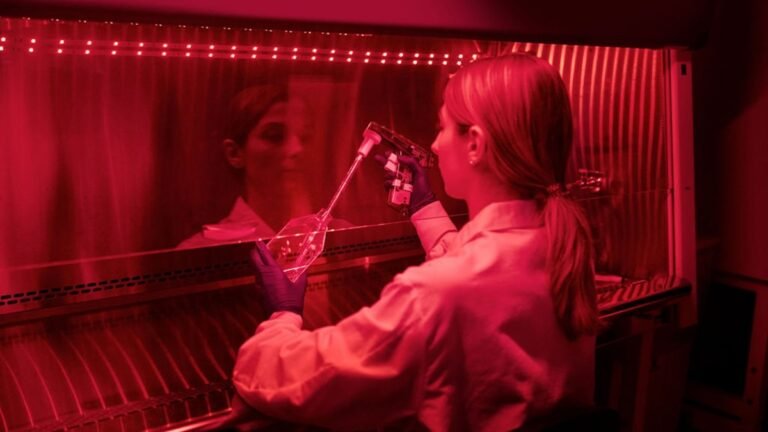
Two years ago, Prolific Machines unveiled its technology for a unique manufacturing approach to grow cells for industries, including cultivated meat.
In addition, cell growth is hard to optimize because it’s not in a format that machines can understand.
“For the last few decades, the way that we’ve been controlling cells is with molecules,” Kent said.
We add these molecules into the bioreactors and hope for the best.”Prolific Machines’ protein manufacturing bioreactor (Image credit: Prolific Machines) Image Credits: Prolific Machines /Prolific Machines believes it has a way of transitioning away from these molecules to something better: light.
It includes convertible notes and brings Prolific Machines’ total funding to date to $86.5 million.
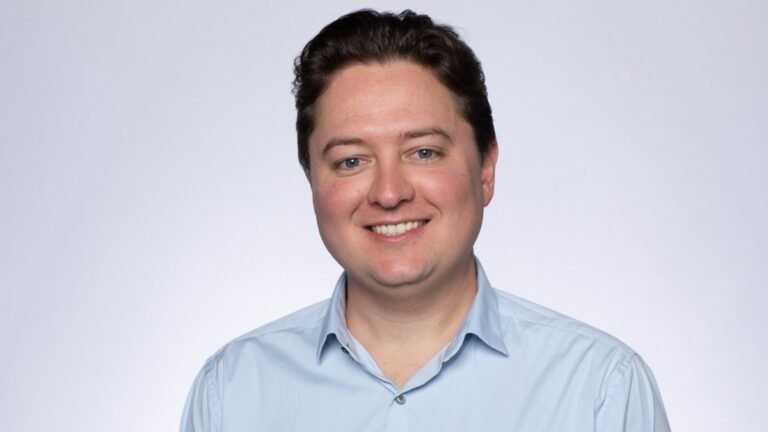
Torpago, a commercial credit card and spend management provider, is no different, but with one caveat — banks are who it builds technology for, particularly community banks.
“We started as a competitor with Brex and Ramp, as well as American Express and Capital One,” Jackson told TechCrunch.
The Torpago Powered By tools and infrastructure enable means that those banks’ to customers don’t have to leave the bank’s brand domain to get sophisticated fintech features.
Banks have all the customers, and they have all the card volume, but “they have the absolute worst credit card tools and technology,” he said.
Since making the shift to banks as customers, that was whittled down to 300 companies while it goes after bank customers.

Midas, a fintech startup that allows people in Turkey to invest in U.S. and Turkish equities, says it has raised $45 million in a funding round led by Portage Ventures of Canada.
The startup is aimed at Turkey’s retail investor market and claims to have more than 2 million users.
That’s in a country of 80 million,” Egem Eraslan, CEO and founder of Midas, told TechCrunch.
The company has plans to expand beyond Turkey, and aims to target countries in the MENA region.
Globally, Portage invests in transformational financial technology and Midas is poised to lead that initiative in a region of early adopters.”
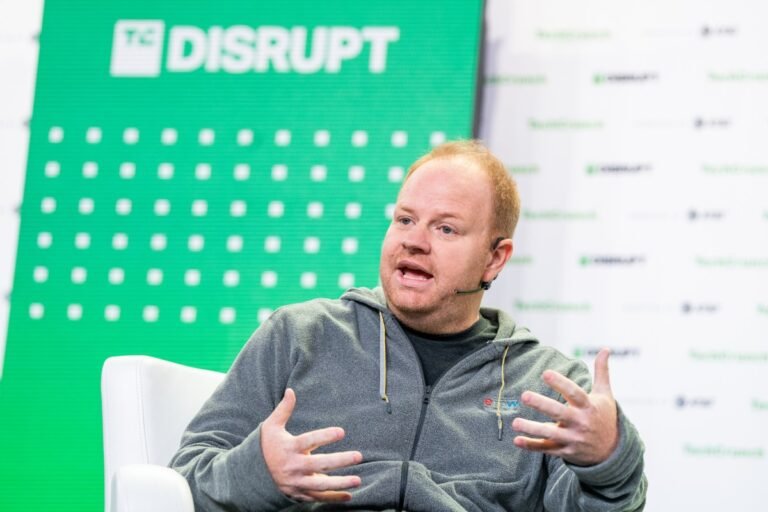
HR startup Rippling is in discussions to raise at a $13.4B valuation, up from $11.25B The round could total $870M, including $670M worth of secondaryLate stage HRtech startup Rippling is raising new capital.
This will be Rippling’s Series F, and could raise its valuation to as high as $13.4 billion on a post-money basis, up from the $11.25 billion valuation it reached when it last raised capital in a $500 million Series E just a year ago.
Rippling had raised $1.2 billion total previous to this round.
Rippling competitor Gusto told TechCrunch that it reached $500 million in trailing revenue last year, along with cash flow positivity.
Earlier this year Deel, which focuses on payroll for teams that cross borders, said that it had reached $500 million worth of annual recurring revenue.
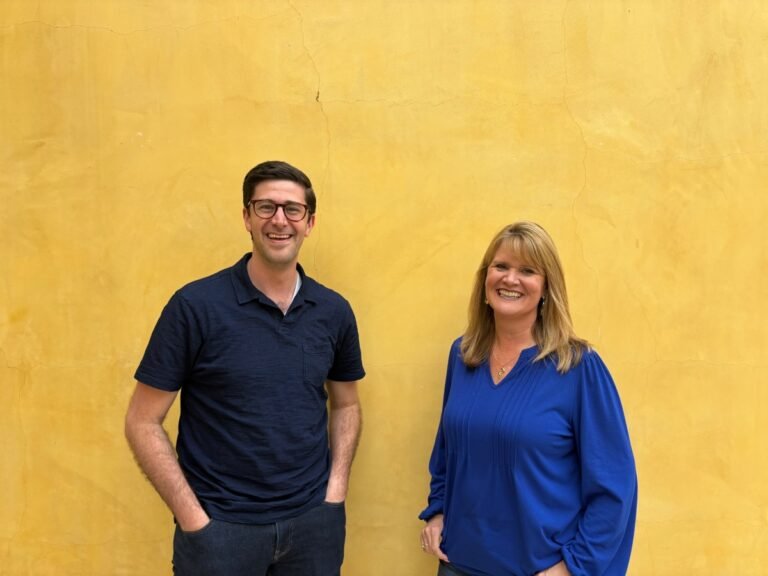
When Alex Katz founded Two Chairs in 2017, he firmly believed that in-person therapy is the most effective for behavioral health.
On Tuesday, the company announced a $72 million Series C equity and debt financing led by Amplo and Fifth Down Capital, bringing Two Chairs total funding to $103 million.
Amplo also led the company’s $22.5 million Series B in August 2019.
Two Chairs is one of the latest therapy startups to raise substantial funding rounds.
Last week, Grow Therapy, a three-sided mental health platform for therapists, payers and patients, raised an $88 million Series C round led by Sequoia.
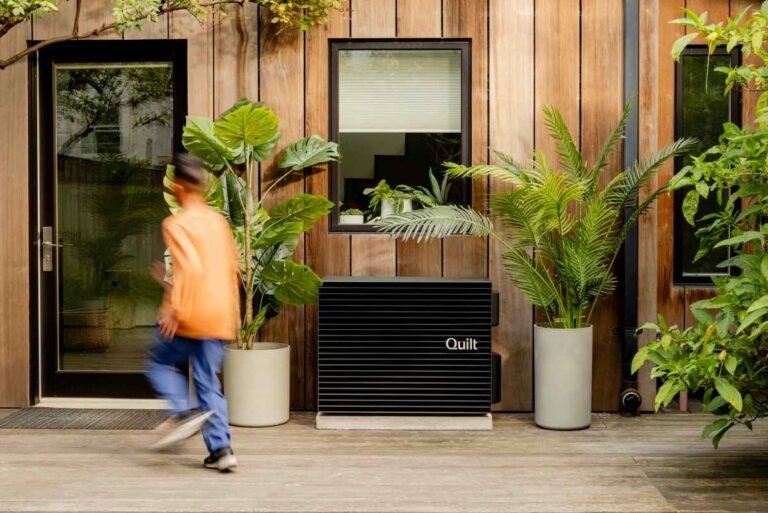
Heat pumps are having a bit of a moment.
Consumer hesitancy has been on the top of Paul Lambert’s mind as he navigates bringing Quilt’s new heat pump to market.
Heat pumps are just different enough from existing heating and air conditioning setups to give many consumers pause.
Design isn’t the only challenge facing traditional heat pumps.
Quilt’s heat pumps will roll out in a few regions initially before expanding further.
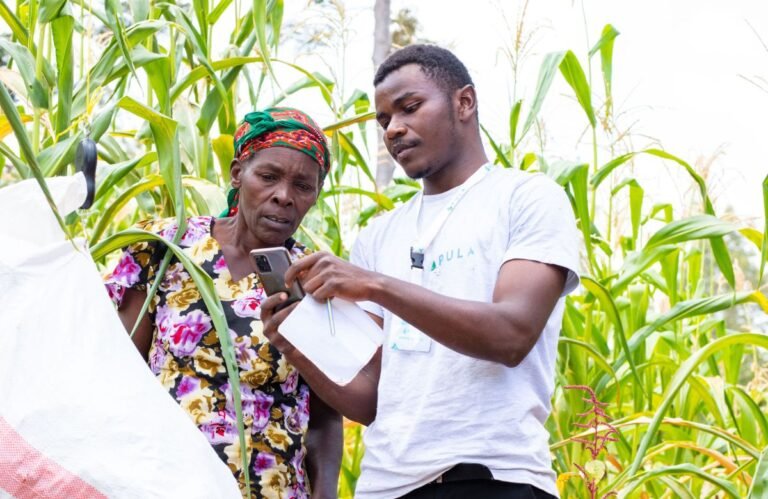
Pula, an insurtech based in Kenya, has since 2015 been keen on enhancing the access to agricultural insurance by small-holder farmers across emerging markets, shielding them against losses from pests, diseases and/or extreme weather events like floods and droughts.
“Partnering with this group of like-minded investors to boost the growth of Pula globally is a very exciting milestone in driving our triple 100 vision, through which we intend to bring insurance to 100 million smallholder farmers.
Pula embeds insurance in partners’ productsInstead of selling insurance directly to farmers, Pula has built a distribution channel of over 100 partners, including charitable organizations, banks, governments and agricultural input companies, to serve even the hard-to-reach farmers, by embedding insurance, for instance, in farm input costs or credit.
Each product Pula offers is customized to suit the demands of its clients, and the needs of the beneficiary farmers.
Pula, through insurance partners, has been offering rural families in Nigeria comprehensive coverage against banditry, disease and death of animals.

Welcome to TechCrunch Fintech!
This week, we’re looking at how two fintech companies serving the underserved are faring, and more!
The big storyPayJoy is an example of a company with positive unit economics and a mission to help the underserved.
It last raised a $50 million Series C funding round in 2021.
And with fintech funding on the decline, this could perhaps partly explain YC’s lack of LatAm interest.













